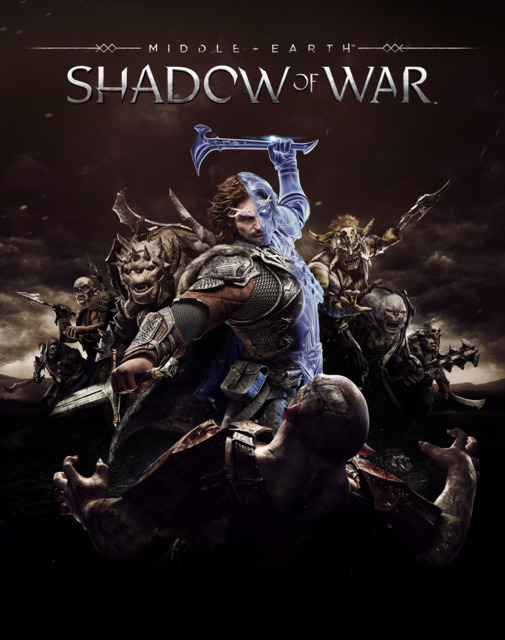2017 AAA Games Profoundly (and Negatively) Impacted by Design Decisions Regarding Loot Boxes & Progression
That's one long title... but I like people to know exactly what's in the packaging.
2017 saw a handful of high-profile AAA games that set up a very widespread conversation regarding microtransactions, loot boxes, and blind boxes; and how their growing focus in high-profile games can impact the overall progression systems in those games.
All five games listed here were argued to have poor progressions systems or other roadblocks that essentially only existed to funnel players towards purchasing microtransactions or loot/blind boxes.
Initial backlash over progression & lootboxes/blind boxes in games earlier in the year like Forza Motorsport 7 and NBA 2K18 quickly dissipated when the fervor reached a boiling point over the systems and loot box economy of Star Wars Battlefront II.
The issue was so large and talked about that it saw the issue make international headlines and regulatory bodies in Europe step in to try to make sense as to whether the practices constituted gambling (a few of them, in fact) or might be harmful and require legislative intervention; despite EA & the ESA's assurances that loot boxes are not gambling (as well as New Zealand agreeing that they do not meet the criteria to be called gambling). EA also shed 3 BILLION dollars in stock value as a result (though it has rebounded a bit since the initial share price plummet).
Gambling or no – a lot of folks like myself, while not exactly happy to use the "slippery slope" argument when talking about the potential harm of microtransactions and loot boxes (about how their application and increased use could lead to bad design decisions surrounding progression systems, predatory practices that are arguably unfair and anti-consumer)... kind of saw our doom & gloom outlook come to pass in these instances. It's not something that you want to be "right" about; especially when you see the damage not only to the games that are released but also to the overall sentiment and reputation surrounding games – both to game enthusiasts and the general public alike.
The question now that we've entered 2018, is whether the games industry will walk back this trend or lean into it even further. With EA still unable to make any meaningful improvements to Star Wars Battlefront II, 2K Games announcing in an investor call that "recurrent consumer spending opportunities" will feature heavily in all upcoming games, and Square Enix leaning in to the "games as service" model, I am not going into the new year with a whole lot of confidence.
(note: I've left a couple of games off this list because I did not see this larger conversation and customer frustration reach their shores; namely, FIFA & Overwatch. I think the discussions over the microtransactions in FIFA Ultimate Team may be yet to come when the 2018 game releases, and Overwatch mainly seemed to stay to the sidelines, despite spearheading a lot of the practices in ways that generate much less trouble when compared to other games that have implemented them so poorly.)




